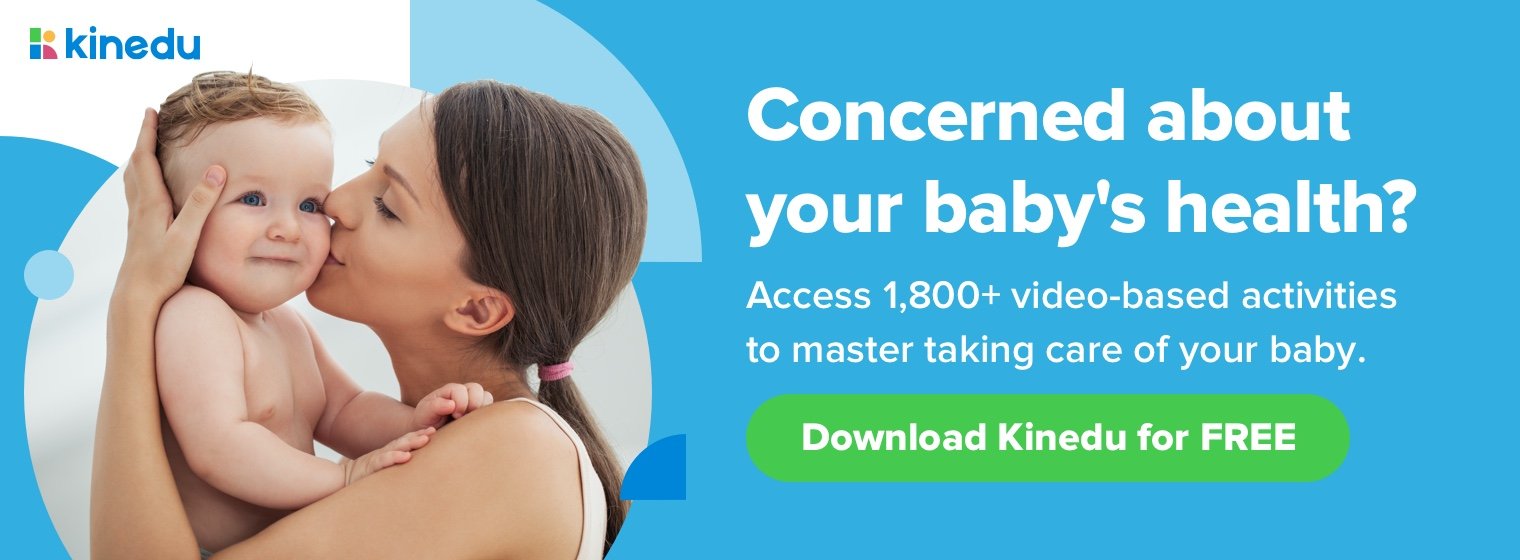Every parent wants to make sure their baby is healthy and growing properly. One of the most important things to monitor is your baby’s breathing. If you’ve ever wondered “Can babies breathe through their mouth?” then this blog post is for you! Let’s discuss the basics of breathing for infants.
Breathing Through the Nose vs. Mouth
When a baby is born, they typically have an immature nasal system, meaning that it may take some time before they develop the ability to completely close off their nasal passages when inhaling and exhaling.
Now, let’s dive a bit deeper into why a baby might breathe through their mouth and what parents can do to help promote healthy breathing.
Causes of Mouth-Breathing in Babies
There are several reasons why a baby might breathe through their mouth rather than their nose, including:
- Congestion: If your baby has a cold or is congested, they may have trouble breathing through their nose. In this case, mouth-breathing may be necessary to help them get enough oxygen.
- Structural issues: Some babies are born with structural issues that make it difficult to breathe through their nose, such as a deviated septum or enlarged adenoids.
- Allergies: Allergies can cause nasal congestion, which can make it difficult for babies to breathe through their nose.
- Premature birth: Premature babies may have underdeveloped nasal passages, making it harder for them to breathe through their nose.
- Sleeping position: If your baby sleeps with their mouth open, they may be more likely to breathe through their mouth.
Dangers of Mouth-Breathing in Babies
While it is normal for babies to breathe through both their mouth and nose at different times, it can be dangerous if your baby relies too heavily on mouth-breathing, rather than using their nose as well.
When a baby breathes primarily through their mouth they are not filtering the air properly, and they’re not receiving all the oxygen they need, since nasal passages are better at filtering out pollutants from the air we breathe in. Additionally, infants who rely on mouth-breathing may be more susceptible to respiratory infections, due to increased exposure to bacteria and other pathogens in the environment.
Finally, long-term effects of mouth-breathing can include physical deformities such as a sunken chest, or crooked teeth due to improper jaw development caused by lack of oxygen intake during early development stages.
How to Promote Healthy Breathing in Babies
There are several things parents can do to promote healthy breathing habits, including:
- Keep your baby’s nose clear: Use a bulb syringe or nasal aspirator to remove mucus from your baby’s nose.
- Use a humidifier: Adding moisture to the air can help reduce congestion and make it easier for your baby to breathe.
- Keep your baby’s sleeping area clean: Regularly clean your baby’s bedding and toys to reduce the amount of dust and allergens in their sleeping area.
- Breastfeed: Breastfeeding can help reduce the risk of respiratory infections in babies.
- Position your baby correctly: Make sure your baby sleeps on their back to help reduce congestion and promote healthy breathing.
- Monitor your baby’s breathing: If you notice that your baby is breathing rapidly or has difficulty breathing, contact your doctor right away.
Can Babies Breathe Through Their Mouth? Here Is The Conclusion:
In conclusion, babies can breathe through their mouth, but it’s important to ensure that they are using their nose as well. Mouth-breathing can be a sign of congestion or other issues, so parents should monitor their baby’s breathing and seek medical attention if necessary. By promoting healthy breathing habits, parents can help ensure that their babies grow and develop properly.
For guidance on how to take proper care of your baby, be sure to download the Kinedu app and access courses led by experts in early childhood development.








